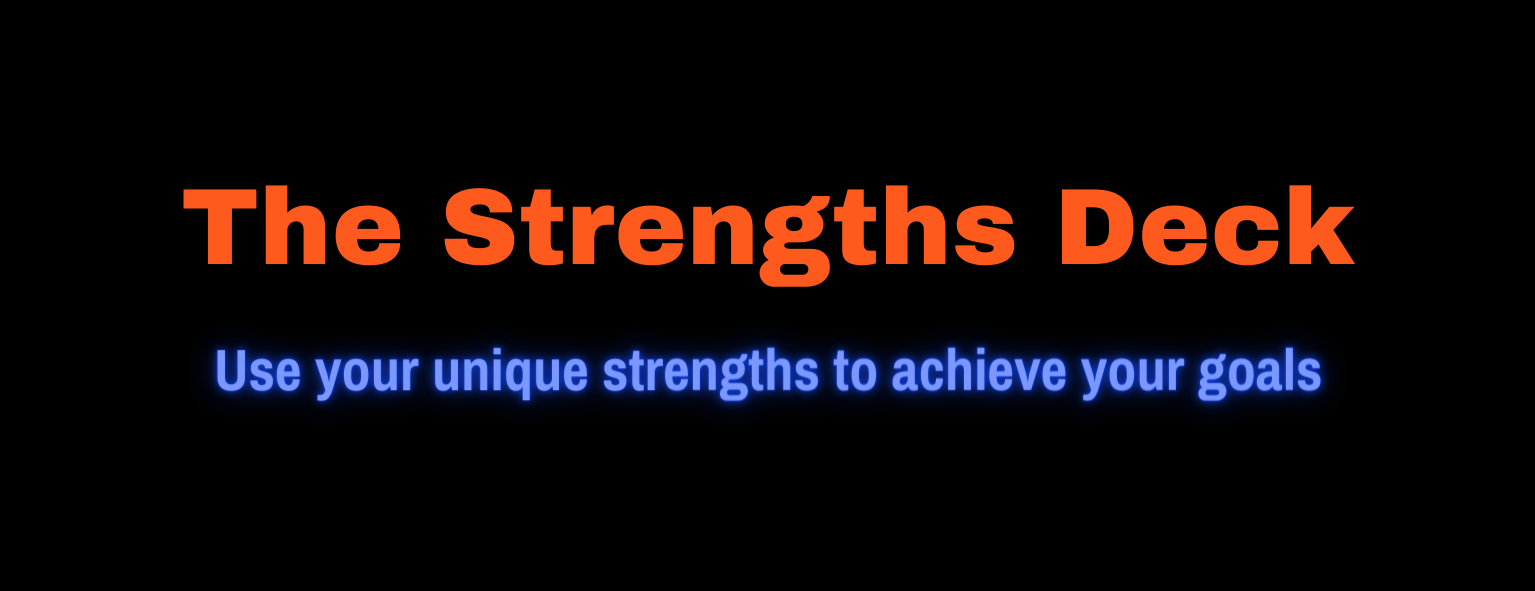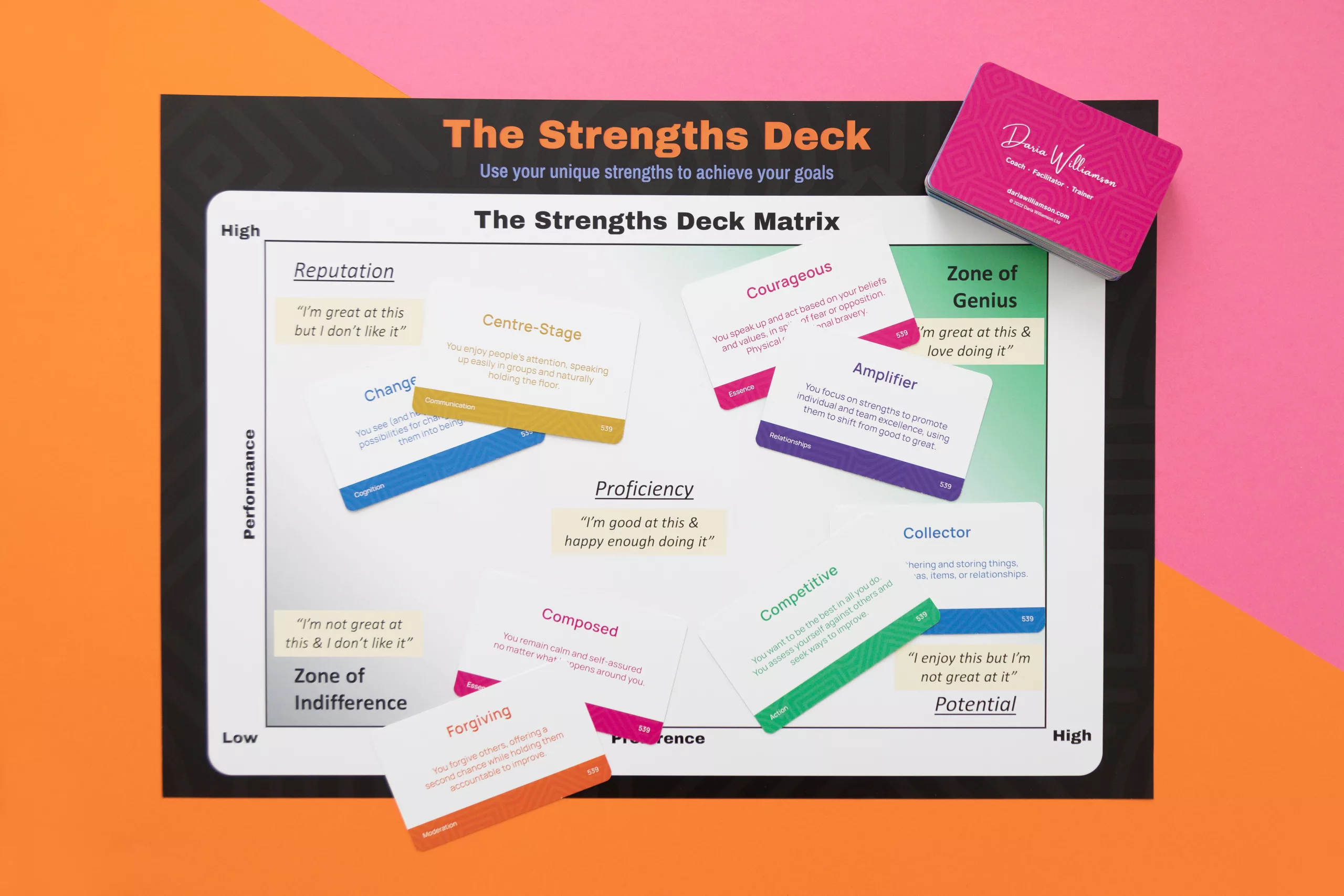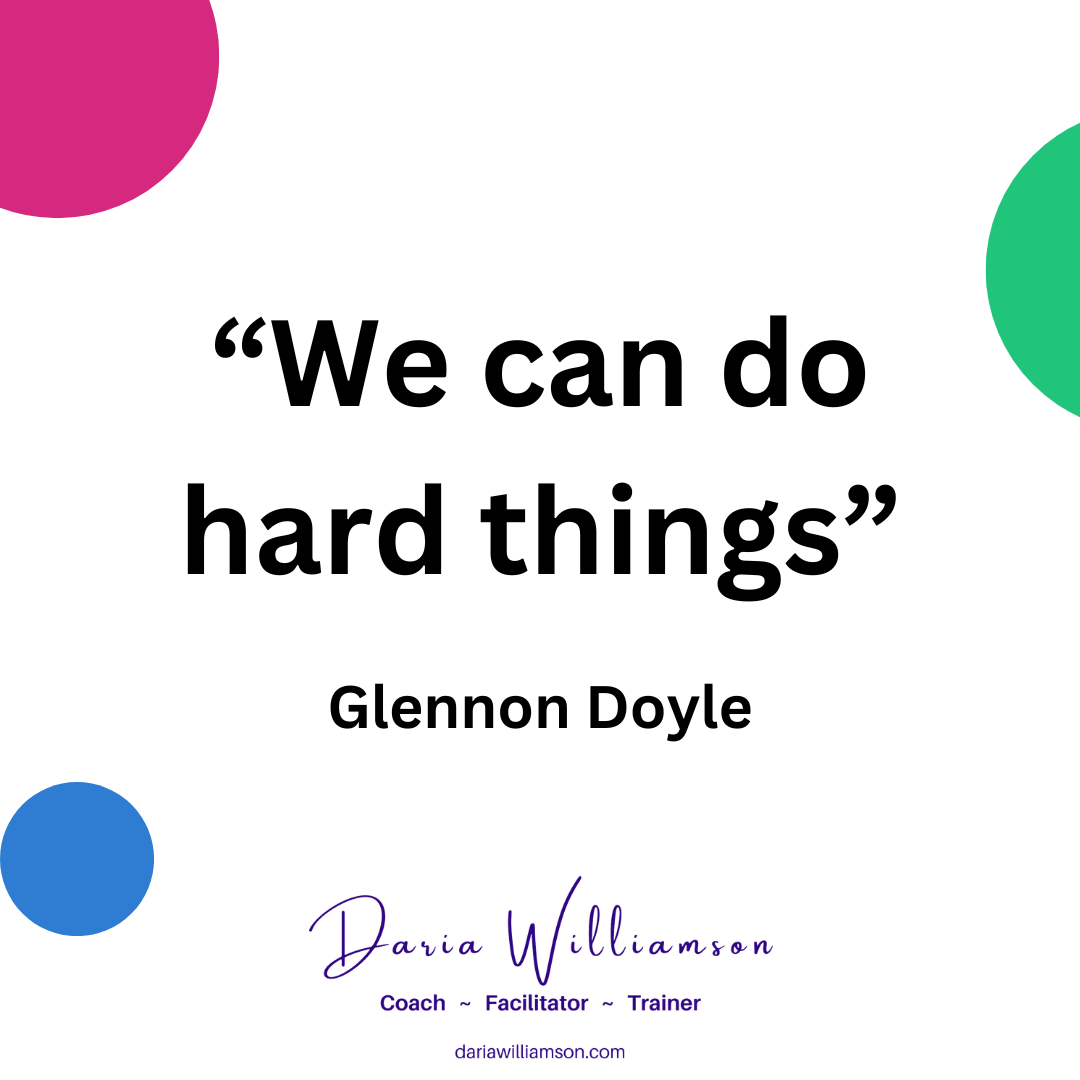Imagine that you are facing a problem that is preventing you from moving forward, and you don’t know how to solve. You try one thing after another. Something that has always worked for you in the past. Something that you’ve always been praised for. Something that everyone always assumes is the “right” way to solve a problem.
Nothing is working. You’re exhausted and glum. You’ve tried everything you can think of, and have nothing to show for it (other than blood, sweat and tears!). You are royally stuck.
Then a mysterious figure appears in front of you and tells you to look in your back pocket. Voilà! The solution is right there, and has been with you all along. You pull it out and apply it, transforming the pathway-blocking problem into an obstacle you can overcome, and experiencing a new burst of energy and sense of engagement. You’ve just discovered an unrealised strength!
Unrealised strengths - your hidden treasure
I first came across the concept of “unrealised strengths” when I encountered Strengths Profile. Their definition of strengths goes beyond “what you’re good at” and includes “what energises you”. It’s a fantastic definition, because it creates an entirely different conversation compared to defining strengths only as something you are good at.
Everyone has strengths in the Strengths Profile definition. But no one uses all of their strengths all of the time – that’s why they’re divided into “realised” and “unrealised” strengths. The difference is in frequency of use – if you have something you are great at, and that lights you up, and you use it frequently, it’s a realised strength (as in, you’re already “realising” or experiencing benefits from them). Anything you’re great at and that lights you up, but you don’t often use is an unrealised strength.
And unrealised strengths are your hidden treasure. That’s because you are already good at them, and they have a positive effect on you – you don’t have to master a new skill or spend heaps of time learning about them. But to benefit fully from them, you need to work out how to mix up your strengths use to get the most out of your unrealised strengths.
Note: I primarily use The Strengths Deck to support my clients to discover and apply their strengths. While I don’t use the terms “realised” and “unrealised” strengths in The Strengths Deck approach, they are a useful way to think about your strengths use, and how you can work with your strengths more strategically.
Mix up your strengths use
Humans are creatures of habit, so we tend to stick with what we know works for us. That’s part of the reason why we end up feeling stuck, like in the story at the start of this post.
While sticking with what we know has the benefit of feeling safe and familiar, and usually produces decent results, there are some risks too. Over-using your strengths, and relying too much on a handful of your capabilities can end up de-energising you.
If you’re great in the spotlight and find it energising, imagine what it would be like to always be in the spotlight. You never get a day off. You always have to be “on” for the people around you. Having a tough day? Too bad – your audience expects you to be at your best. Can you see how that could become de-energising, and de-motivating?
That’s why mixing up the strengths you use is so important. It gives you the chance to “rest” each strength so that it doesn’t become a de-energiser. It allows you to reach into the toolkit and bring out strengths you haven’t used in a while – your unrealised strengths.
And by strategically increasing the use of your unrealised strengths, you’ll increase your adaptability and resilience, as well as unleashing greater energy, engagement, and achievement.
How to use your unrealised strengths more often
If you want to boost your use of your unrealised strengths, I’ve created a simple, three-stage process. I explain it in more detail in this article.
Here’s the quick overview:
- Identify your unrealised strengths
- Create strategies for using them
- Run experiments
The process is designed to be a cycle – once you have identified your unrealised strengths, you develop some strategies, then test them through experiments. Once you’ve tested all your strategies, you circle back and review what strengths are sitting in the unrealised bucket, then create and test more strategies.
It’s totally normal, natural, and expected that certain strengths will cycle in and out of the realised and unrealised buckets. This shows that you are actively engaging with your strengths.
Would you like some help to uncover your unrealised strengths?
Any discussion of personal strengths would be incomplete without me letting you know about The Strengths Deck.
I created it to put the power of strengths in your hands. If you want to learn about your unique strengths fingerprint and how to make the most of your amazing strengths, click the logo to find out more, or make a booking for your free, 30-minute call to talk about how we can get your strengths working for you.







1 thought on “What Are Your Unrealised Strengths And Why Do They Matter So Much?”
Pingback: How To Use Your Unrealised Strengths More Frequently ~2021 ~ Daria Williamson
Comments are closed.